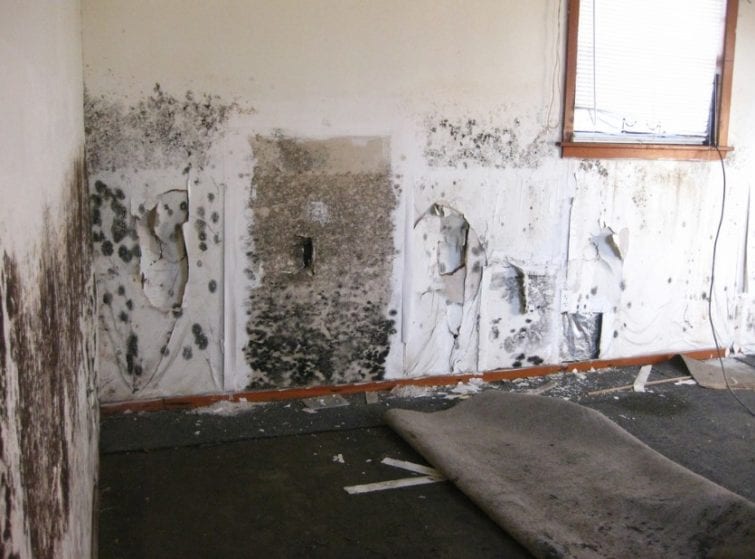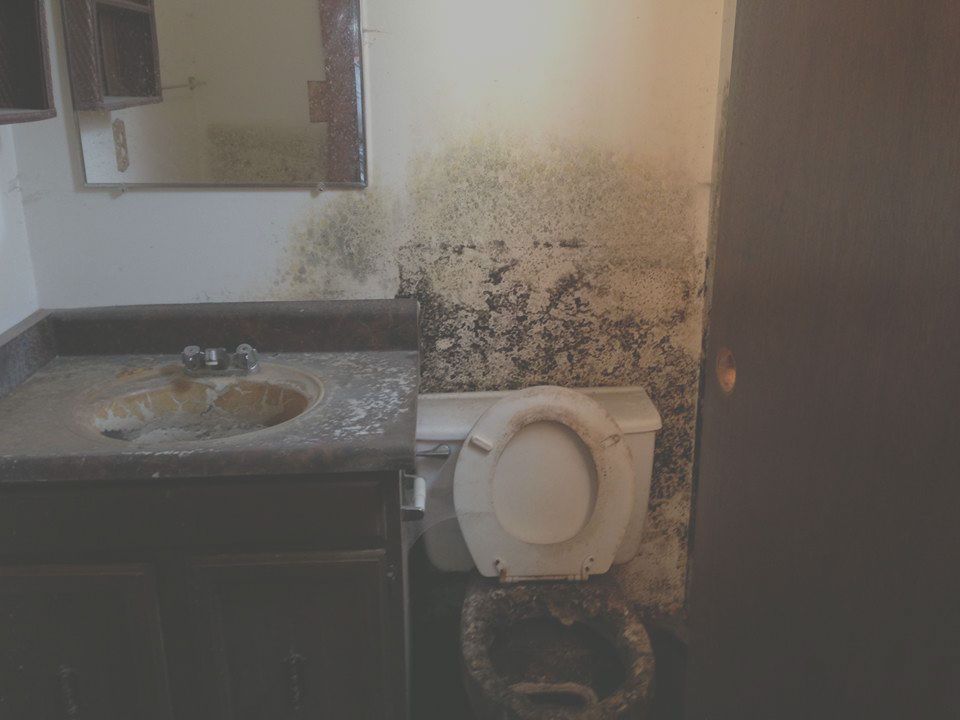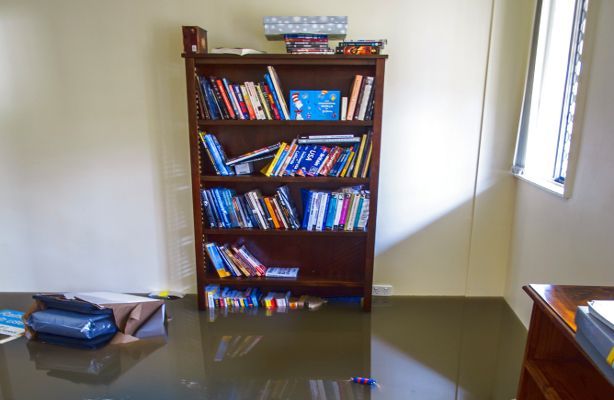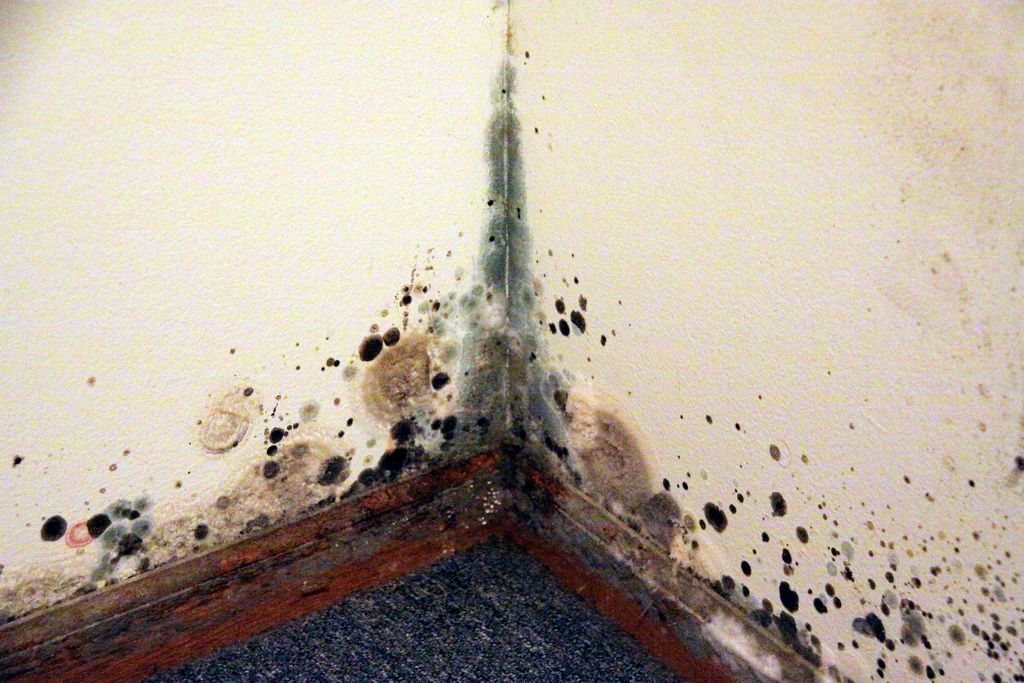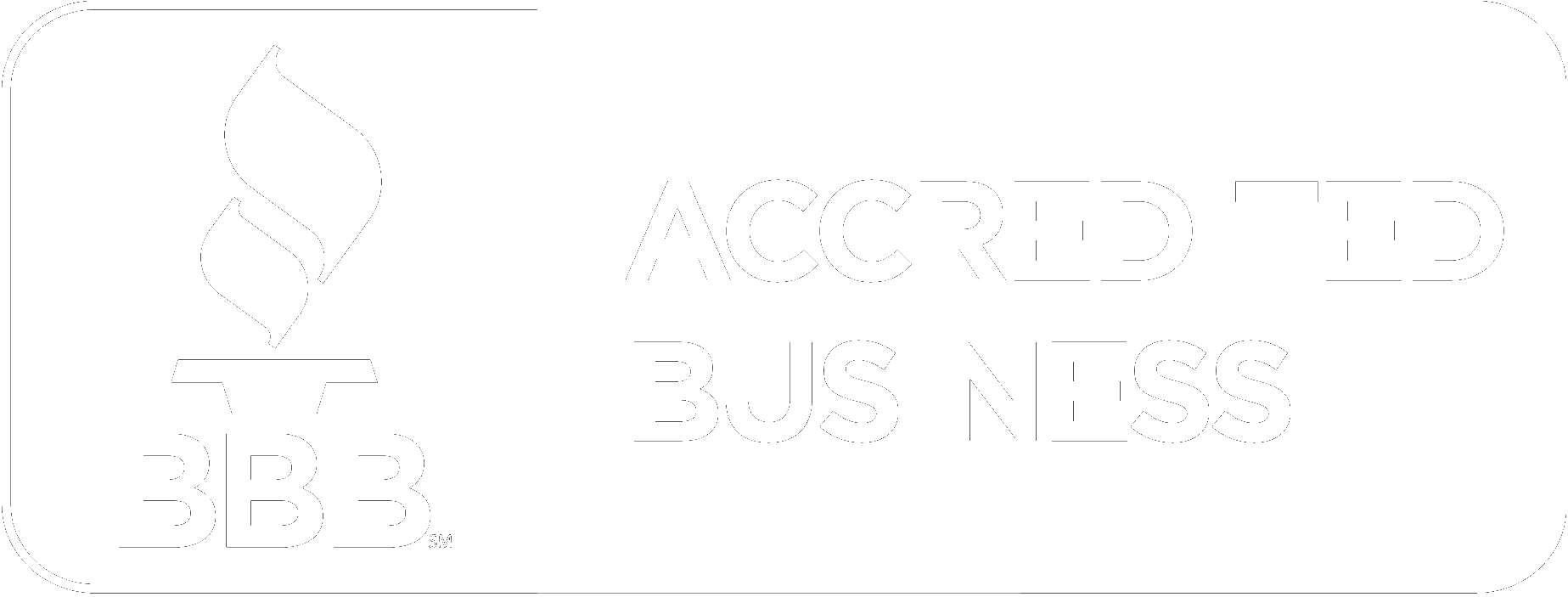In part 1 of our mold remediation report, we talked about what to expect when you think you have a mold problem and call in a mold testing and remediation specialist. We discussed testing procedures and outlined what a professional mold specialist would look for and report.
Your mold specialist will report moisture intrusion, water damage, apparent mold growth and conditions conducive to mold growth. Upon assessing the scope of the mold problem, the specialist will construct a comprehensive mold remediation plan designed to eradicate all mold in the affected area and prevent its return.
In crafting the mold remediation plan, a mold expert will identify the moisture problem and ensure that it is removed or repaired, identify materials that can be dried and cleaned, identify porous materials that cannot be cleaned and should be discarded, and suggest measures to prevent future mold growth.
The cleanup and drying process may include the use of wet vacuums, fans, high-efficiency particulate air or HEPA vacuums and other equipment. The personnel who perform the remediation measures will wear personal protective equipment, or PPE, including eye protection, gloves, respirators and other protective items to enable them to work safely in the presence of potentially toxic mold spores.
In some cases, the remediation team may need to seal off areas and airways to avoid the spread of spores as the area is cleaned. They will use Environmental Protection Agency registered anti-fungal disinfectants, which can produce hazardous fumes in poorly ventilated areas.
If toxic mold was detected during the testing process, the mold remediation team will carefully bag and remove contaminated material. If the testing and assessment determined that moisture exposure is unavoidable, the specialists will likely encapsulate porous materials such as wood and drywall with an EPA registered mold resistant paint to prevent the return of mold growth.
If you think you have a mold problem, the EPA recommends consulting a mold remediation professional who has training and experience in assessing mold problems and implementing remediation plans to eradicate and prevent the return of potentially hazardous mold. Professionals have the know-how and equipment to quickly find the cause of your mold problem, fix it, eradicate the mold and ensure that it stays gone.


